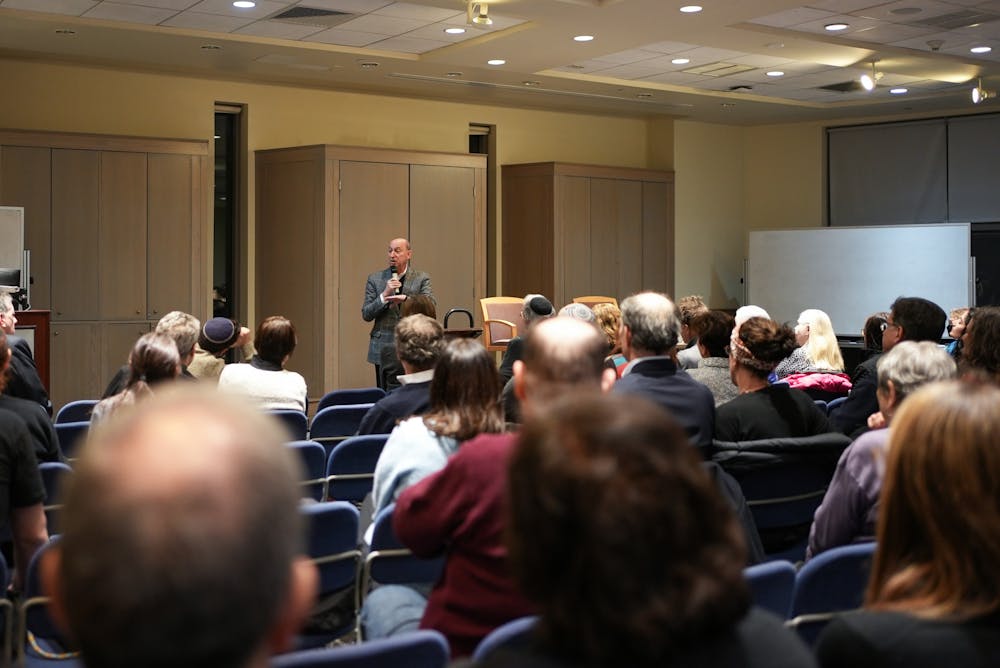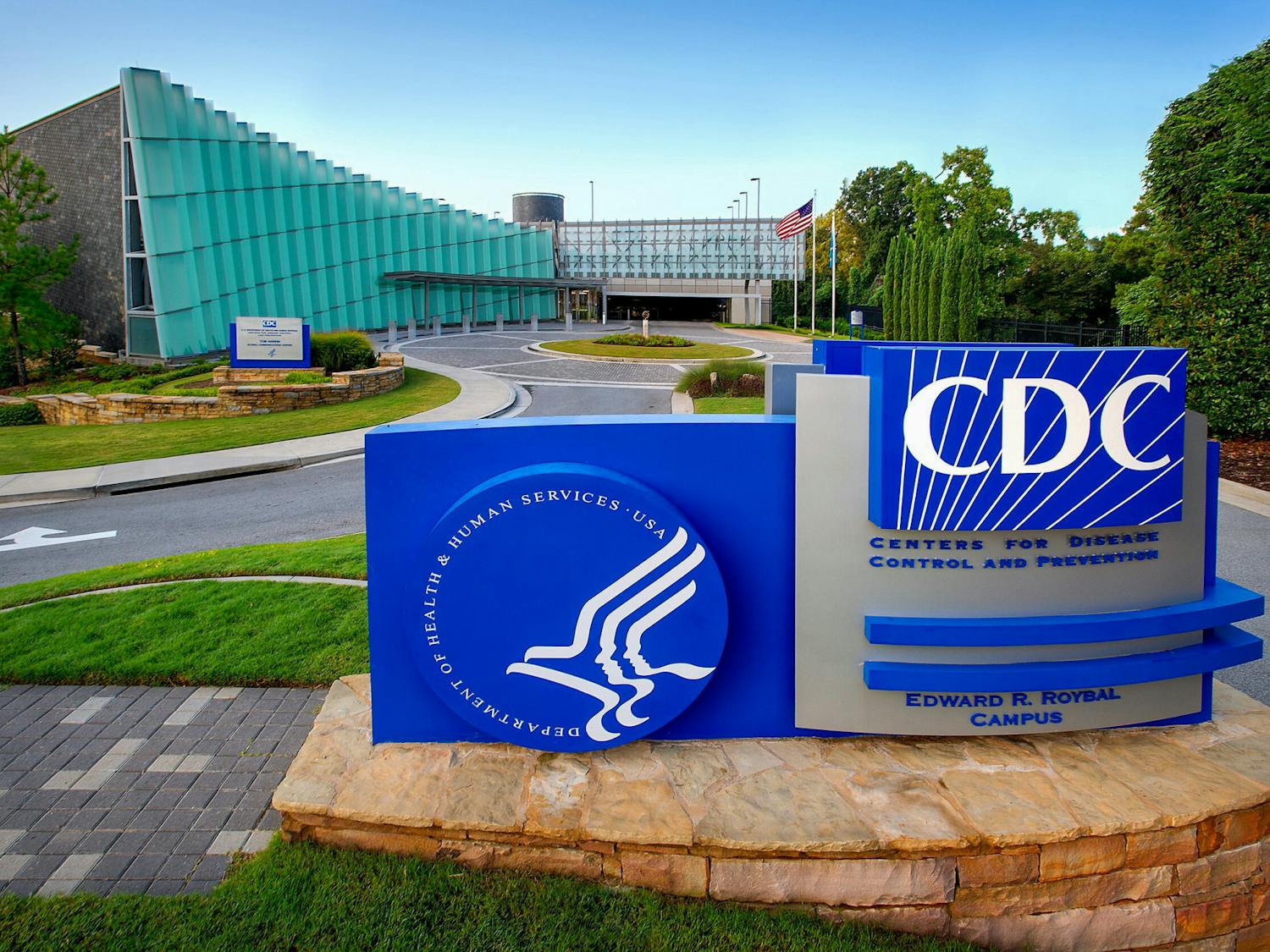The Herbert D. Katz Center for Advanced Judaic Studies hosted Jerome Karabel for a discussion exploring the history behind antisemitism in the college admissions process and its impact on Jewish students’ current experience at elite institutions.
The event was held as a virtual webinar on Thursday entitled “Antisemitism in Elite College Admission: A Brief History.” Karabel, a professor emeritus in sociology at UC Berkeley and author of “The Chosen: A Hidden History of Admission and Exclusion at Harvard, Yale, and Princeton," led the discussion.
Steven Weitzman, the Ella Darivoff Director of the Katz Center, said that he hopes the event will offer students greater insight into why Jewish enrollments have experienced declines in recent decades.
“[The event was organized] to explain to members of the Jewish community who have seen the number of Jews on campus decline why that was happening [and to allow] Jewish students to learn more as a community,” Weitzman said.
In the discussion, Karabel sought to address concerns surrounding recent declines in the number of Jewish students admitted across college campuses and its connection to historical trends of antisemitism in college admissions.
“There has been a perception at Penn that the number of Jewish students has gone down and that the university has become less welcoming,” Karabel said. “We need to look at admission trends for today and the past in order to understand this.”
Karabel spoke about the rise of antisemitism in the 1920s and the subsequent emergence of Jewish quotas in Ivy League Universities. Karabel noted that Penn and Cornell, unlike some other Ivy League schools, never implemented official quotas relating to race or religion.
Karabel said that, historically, Jewish students' enrollment at Penn has remained significantly higher than its elite counterparts. He cited a 1967 article by the Jewish Telegraphic Agency reporting that a survey found that 40% of students at Penn and Columbia self-identified as Jewish. According to the survey, 13% to 20% of the incoming class at Dartmouth, Princeton, and Brown and 20% to 25% at Yale and Harvard identified as Jewish.
Penn antisemitism action plan draws mixed reactions from University community
Jewish Penn students to attend House roundtable on antisemitism
Katz Center and Penn Hillel host lecture on antisemitism and education
Karabel then shifted his focus to national declines in Jewish enrollment across college campuses. Citing a Penn Hillel article, he noted that Jewish enrollment at Penn has declined from 40% in 1967 to 16.4% in 2023. Although many have attributed the decline to antisemitism in Penn’s admission process, Karabel said that he believes the criticism launched against Penn Admissions is misplaced.
“Such accusations are both absurd and offensive given Penn’s history of inclusivity,” Karabel said.
He also highlighted the shift to a more diverse and globalized student body with an increase in non-white, low-income, and international student enrollment. He said that the Asian American population at Penn has increased twelvefold over the past six decades, with enrollment increasing from 1% in 1960 to 33% in 2023.
Karabel addressed claims that elite institutions are actively seeking to limit the enrollment of Jewish students.
“While colleges are not immune to discrimination, the widespread charge that these leading institutions are setting quotas or limiting Jewish enrollment is misleading and feeding the claims that these universities are bastions of antisemitism,” Karabel said. “These narratives have assaulted the integrity and autonomy of higher education in America. This assault is very dangerous for American universities as it is coordinated and stronger than ever.”
The discussion marked the conclusion of the Katz Center’s lecture series on “Jews and the University: Anti-Semitism, Admissions, and Academic Freedom.” Funded by the Goldhirsh-Yellin Foundation and co-sponsored by the Weitzman National Museum of American Jewish History, the series consisted of six events exploring antisemitism from a historical, educational, and sociological perspective.









